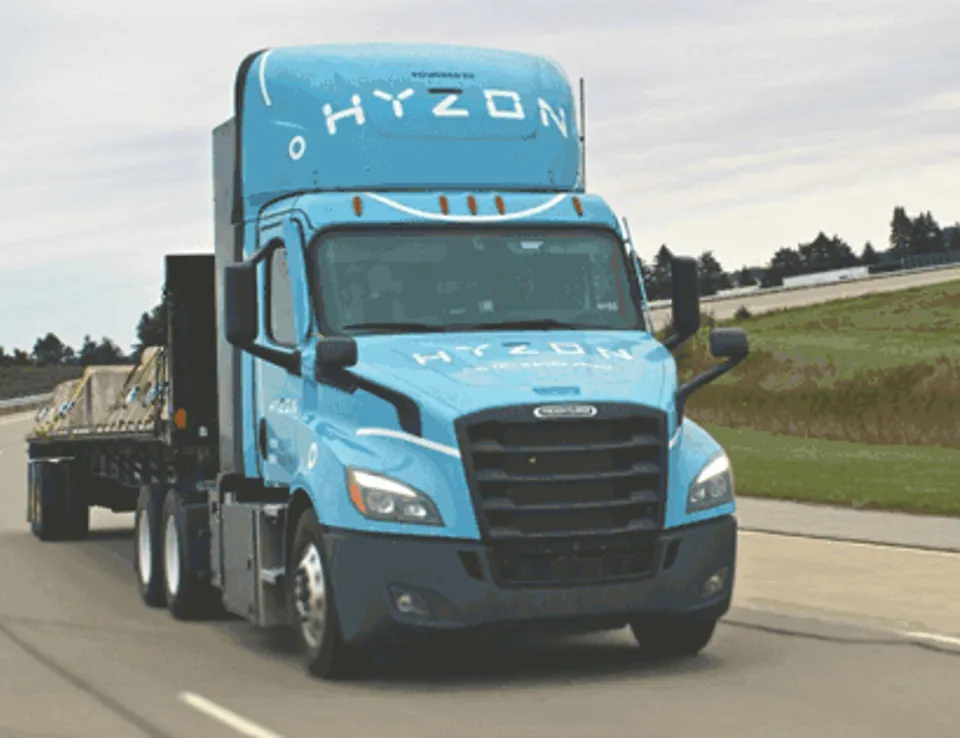Ricardo works with UK consortium to accelerate maritime decarbonisation in Orkney
Ricardo has been announced today as a member of a consortium undertaking an ambitious seven-month project demonstrating technologies to enable maritime decarbonisation.
The £2.2 million HIMET (Hydrogen in an Integrated Maritime Energy Transition) project will explore solutions for decarbonising ferries as well as shore-side activities in ports.
It is one of 55 projects selected for funding under the Department for Transport’s flagship Clean Maritime Demonstration Competition, delivered in partnership with Innovate UK.
Led by EMEC Hydrogen in Orkney, HIMET will progress an ambitious programme of activities centred on the decarbonisation of two key local maritime sectors: ferry services and cruise terminal operations. HIMET draws upon leading energy system and maritime expertise locally in Orkney and is strengthened by the involvement of leading technology developers and sector experts drawn from across the UK. The consortium includes: Aquatera, EMEC Hydrogen, Eneus Energy, OakTec, Orcades Marine Management Consultants, Orkney Islands Council, Ricardo, RINA, Schneider Electric, ULEMCo, and Urban Foresight.
For the project, Ricardo will design and develop the combustion system and the engine hardware to convert an existing natural gas engine to 100% hydrogen operation. The engine will be updated and tested in the new Hydrogen engine test facility in the Ricardo Shoreham Test Centre. For this multi-cylinder development, Ricardo will leverage its existing world renowned knowledge of engine development, and expertise it is gaining from testing a hydrogen single cylinder research engine. The replacement of a marine diesel engine with a hydrogen version is a promising pathway to provide both new and retrofitted vessels with zero carbon emission propulsion.
For on board auxiliary power generation, Ricardo will also develop a bespoke Balance of Plant (BOP) for the multiple fuel cell stacks. This will enable scalability of the fuel cell system while ensuring high system efficiency within packaging volume constraints which is a known challenge when scaling up fuel cells. Ricardo will leverage on the thermal and energy management optimization research activities conducted on fuel cell systems in the recent years and on the broad supply chain knowledge acquired as independent and supplier agnostic engineering consulting.
To develop resilient shore-side power for the maritime sector a hydrogen engine will be deployed at Hatston to power crew welfare facilities at the cruise terminal, and microgrid solutions will be explored to consider future power requirements for ferry terminals.
In parallel, HIMET will carry out research and stakeholder engagement activities to establish how decarbonised fuels (hydrogen and ammonia) coupled with technology innovations can best inform the broader maritime energy transition and help overcome regulatory barriers.
Once project demonstration activities are complete, HIMET partners will help facilitate uptake across the UK and further afield, demonstrating the maritime working practices of the future.
Grant Schapps MP, Secretary of State for Transport said: “As a proud island nation built on our maritime prowess, it is only right that we lead by example when it comes to decarbonising the sector and building back greener. The projects announced today showcase the best of British innovation, revolutionising existing technology and infrastructure to slash emissions, create jobs and get us another step closer to our decarbonisation targets.”
Read the consortium press release here
Download
Ricardo works with UK consortium to accelerate maritime decarbonisation in Orkney.









